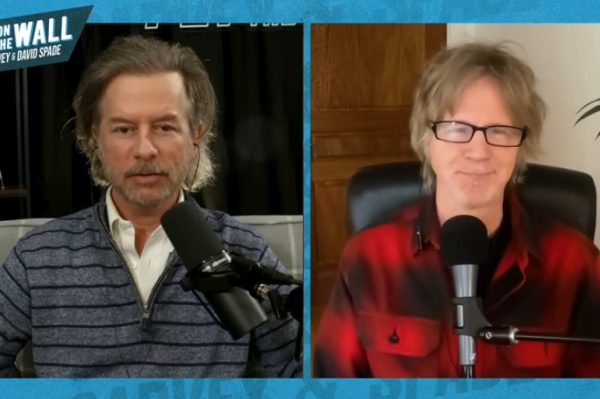Dead Sea Scrolls to be Released to the Public Online
Google and the IAA (Israel Antiquities Authority) announced Tuesday from Jerusalem that they will release the Dead Sea Scrolls online.
"Putting the Dead Sea Scrolls online is the ultimate way to share the scrolls with the public and the scholarly world," said Pnina Shor, project manager on behalf of the IAA, according to CBN.
Not long ago, the home for the scrolls, which are known to be the greatest archaeological treasures to ever be discovered, was North Carolina's Museum of Natural Sciences in Raleigh.
The collection of documents consists of about 30,000 fragments of the scrolls, which are approximately 2,000 years old. There are 900 religious manuscripts found throughout the scroll fragments and they stretch as far as 30 feet. The parchment and papyrus scrolls now sit in temperature-controlled rooms at the Israel Museum. Only trained workers are allowed to handle the fragile artifacts.
The Dead Sea Scrolls include the oldest written record of the Old Testament ever found. Written between the second century B.C. and the first century A.D., they are 800-1,000 years older than previously-known manuscripts.
The purpose of the online project, Shor explained, is to widen the access of the scrolls.
"By putting them online, we will enable people from all over the world by the click of a button to sit on their couches and go through them, read through them," Shor said.
Using technology developed by NASA's Jet Propulsion Laboratory in California, the IAA will image the fragments to be posted. Information along with the images including transcriptions, translations, commentaries and bibliography will be posted by Google-Israel.
"We are establishing a milestone connection between progress and the past to preserve this unique heritage for future generations," said Shuka Dorfman, general director of the IAA, according to Computerworld.com.
"At the end of a comprehensive and profound examination, we have succeeded in recruiting the best minds and technological means to preserve this unrivaled cultural heritage treasure which belongs to all of us, so that the public with a click of the mouse will be able to freely access history in its fullest glamour," Dorfman added.
Professor Yossi Matias, director of Google-Israel Research and Development Center, expects the material will be made available "relatively fast" as soon as they get the content.
Within a few months the first stages of the project will be available online, and completed within the next five years.





















